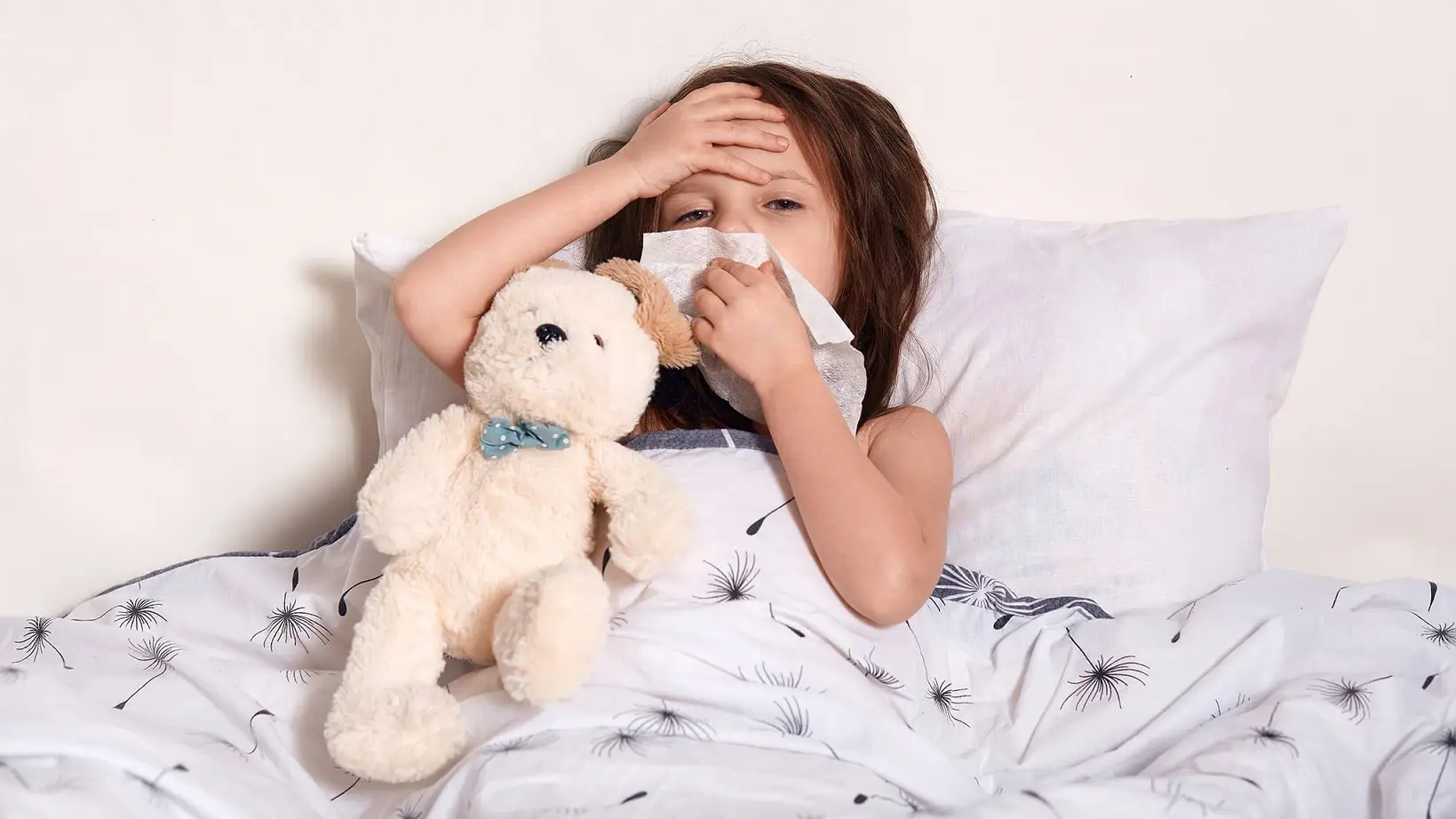Monsoon showers: What to be prepared for?
The much awaited rains always bring relief, after a spell of hot summer afternoons. But, they also bring with them a host of viral infections and fevers, that completely dampen the spirit – especially with children being more prone to falling ill.
This year, with a pandemic adding to everyone’s woes, it has become difficult to distinguish between a normal viral fever triggered by the weather or mosquitoes, and something more serious. Illnesses like Dengue, Malaria, Influenza, Gastroenteritis or Typhoid make an appearance every year, and one should always be prepared to ensure that your family is protected.
The best way to know the root cause of any health issue bothering your child, is a visit to your trusted pediatrician, and taking the recommended tests. However, it is also good to practice some basic precautionary measures to stay healthy.
Here is a quick guide to fevers that one might encounter this season, and some do’s and don’ts to look after your kids.
READ: Pregnancy Care Tips for Mothers to Stay Healthy During Monsoon
Viral Fever:
Viral fevers are contagious, and easy to catch. They can range from mild to severe, and are mostly airborne. They may be accompanied by body ache and shivering. The faster a viral fever is addressed – the quicker a child will be back to normal.
Dengue:
Caused by a bite from the Aedes Aegypti mosquito, dengue is transmitted directly to the bloodstream by the carrier insect. The fever fluctuates from moderate to high, and needs to be flushed out of the system through plenty of fluids and prescribed medicines.
Malaria:
Caused by the bite of the female Anopheles mosquito, Malaria leads to high fever, shivering and severe exhaustion. The temperature spikes upwards quickly, and parents must only give prescribed medication, after testing.
Influenza i.e ‘Flu’
Commonly referred to as ‘Flu’, Influenza is marked by a runny nose, fever, body ache, cough and irritable throat. Caused by an airborne virus, it enters the body through the nose and throat, and affects the upper respiratory tract.
Typhoid:
This waterborne infection is caused by a bacteria called Salmonella Typhi,
present in either food or water. Typical symptoms include prolonged fever, severe abdominal pain and headaches.
Gastroenteritis:
Our digestive system is most sensitive during the monsoons, as compared to other seasons, and bacterial infections from contaminated food, water or even surfaces can disrupt the stomach severely. This could lead to vomiting, loose motions and stomach cramps, leading to severe, debilitating weakness.
Do’s and Don’ts:
While one cannot stress enough the importance of a good immune system, it is still essential to follow some basic practices for health and hygiene, that go a long way in keeping us safe.
- The bedding of infants should be washed and ironed, before using again, to kill any bacteria or germs on the fabric.
- Infants and little children often pick up small things from the floor, and put it in their mouth. Be watchful about your baby, when they start crawling, or take baby steps.
- Wipe all the surfaces of your home with a child-safe disinfectant. Optionally, clean them with hot water and a clean cloth.
- Once the children are potty trained, teach them to wash their hands thoroughly everytime they use the bathroom.
- It is a good practice to wash clothes every day, so that sweat or moisture does not lead to fungal /bacterial infections
- Try and increase immunity boosting foods and herbs in your cooking – like ginger, garlic, turmeric, tulsi, ajwain and lemon juice. Add these to your children’s soups and salads, along with your daily meals. You can also add a cinnamon piece or a few cloves while boiling drinking water.
- Ensure that adults and children are drinking plenty of water every day, and stay hydrated. Children should only drink water that has been boiled and cooled, as this process kills the maximum bacteria.
- Avoid ordering junk food from outside. Substitute it with homemade snacks and recipes.
- Keep foods, fruits and water covered, in a clean place.
- If a child is feverish, monitor the temperature while you consult your pediatrician. Keeping a child’s forehead and feet cool with wet towels or wipes, helps additionally.
- If on medication, give the child light, easy to digest food like dal-rice or ‘khichdi’, with no spice. It is important for the child to drink plenty of fluids and stay hydrated.
- Other children or elderly family members should avoid interacting with a child who is unwell, to prevent the infection from spreading.
- Self-medication must be avoided at all costs, as it may cause more harm than good.



